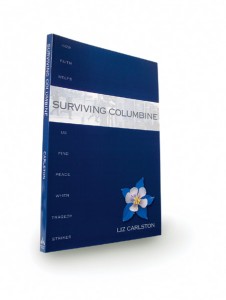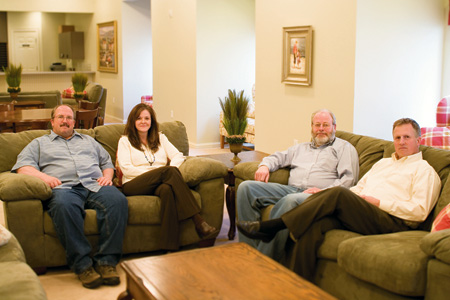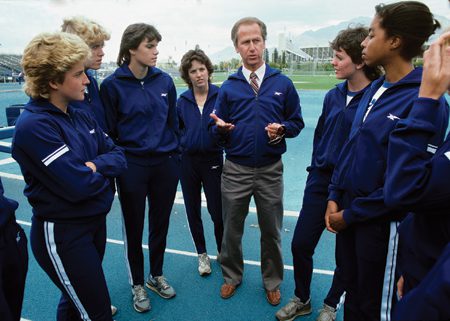It’s easy to find something wrong with the world, to be angry and . . . overlook the good still left.
It was only when I started to look at the other end of the spectrum and to count my blessings that my anger began to ease away. Though I’d heard it a hundred times, I began to understand how bad things can happen to good people. [p. 77]
So writes Elizabeth E. Carlston, ’05, in Surviving Columbine: How Faith Helps Us Find Peace When Tragedy Strikes (Deseret Book). Carlston was a senior at Columbine High School on April 20, 1999—the day 12 students and one teacher were killed in a horrific hour-long massacre. Struggling to come to terms with the tragedy, Carlston began reflecting on her faith, which helped her cope with a situation that might have led solely to anger and bitterness.
“I was thinking, Why does something like this happen to us when the Lord loves us so much?” says Carlston, who is currently serving a mission in Oakland, Calif. “Of course I don’t have all the answers, but I do know the Lord loves us and will pick up those pieces when they shatter and fall.”

In her recently published book, BYU student Liz Carlston shares the lessons of healing that followed the tragic shootings five years ago in Littleton, Colo.
In the book, which was released in February and is already in its second printing, Carlston relates her perspective on the tragedy, focusing on what happened after the media frenzy and her own struggle to overcome depression.
“Her focus was on the healing, rather than the blood and gore, and she’s focused on the healing from a very practical, human, pragmatic perspective,” says Colleen Keyes Whitley, ’67, a coadvisor of the BYU Publication Lab who helped Carlston connect with book publishers. “This is a part of the story that needed to be told that had not yet been told.”
Carlston, who compiled the book, weaves her story with accounts from other LDS students at Columbine, who also share their experiences on overcoming tragedy from a gospel perspective. More than anything else, she says, she wants readers to see from their stories that although “bad things happen, time does heal our pains, and these things do have a purpose. That purpose is to help us grow and become something greater than we are now.”









